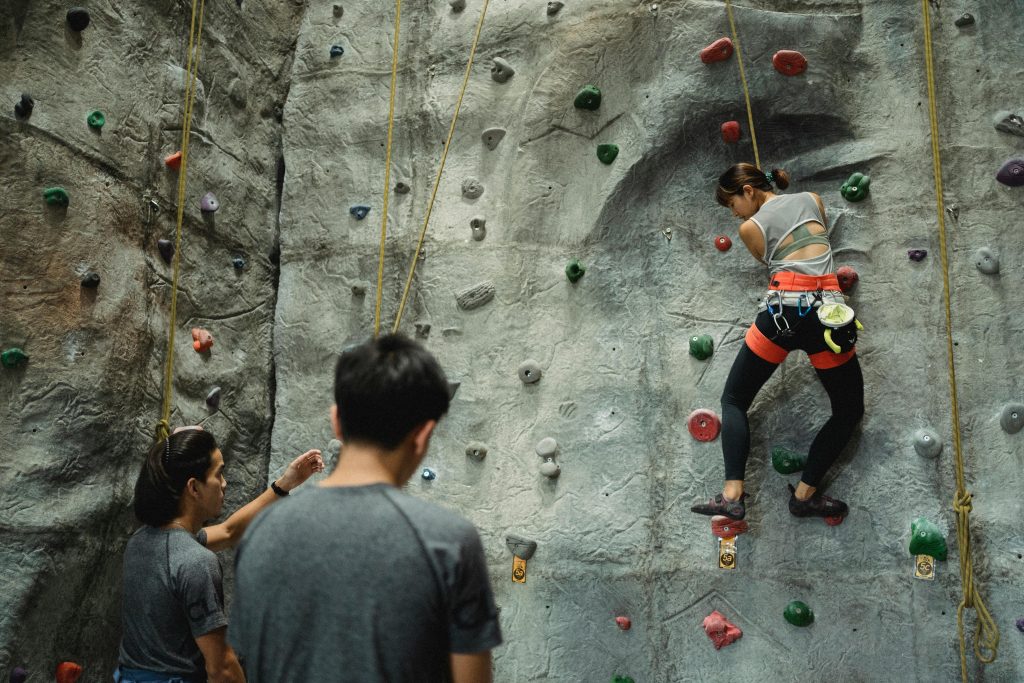
At any climbing competition — from grassroots club events to the British Championships — the judges play a key role in keeping things fair, consistent, and professional. They’re the ones making sure every competitor is scored accurately, every rule is applied evenly, and every top is earned.
But what exactly are judges looking for during a climbing competition? Understanding this can help climbers perform with confidence and give organisers an insight into what makes a well-run event.
Judging in Climbing: The Basics
Competition climbing in the UK follows the same broad framework used internationally by the International Federation of Sport Climbing (IFSC) and British Mountaineering Council (BMC).
Judges aren’t just watching to see if you reach the top — they’re tracking everything that happens along the way. Each discipline has its own scoring system, and understanding what judges prioritise can make a huge difference to both athletes and event organisers.
Lead Climbing Competitions
In lead climbing, competitors aim to climb as high as possible on a long, roped route within a set time.
Judges are looking for:
- Highest controlled hold – The main scoring factor. A climber’s score is based on the last hold they control before falling or timing out.
- Controlled movement – Simply touching a hold isn’t enough. Judges look for clear, stable control (a pause or weight shift).
- Time awareness – Each climber gets a fixed time limit (often six minutes). If they run out of time mid-move, their score stops there.
- Rule compliance – No skipping pre-clipped quickdraws or using the wall outside the route’s boundaries.
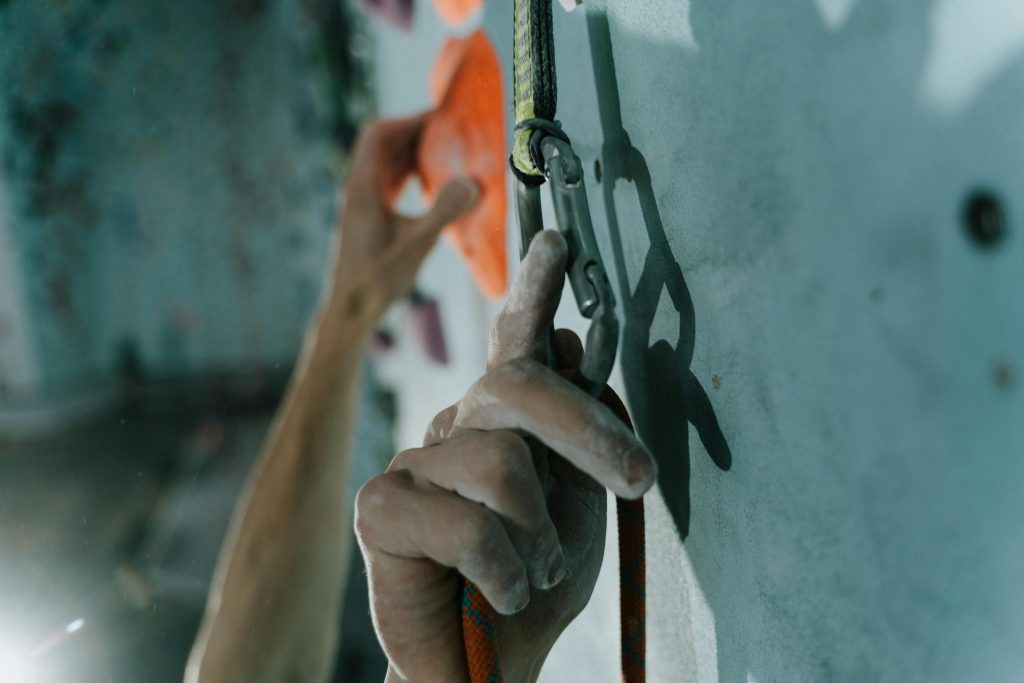
In major UK events, the scoring is consistent with IFSC standards, ensuring climbers can compare performances across competitions.
Bouldering Competitions
Bouldering is judged quite differently. Shorter walls, powerful moves, and a time limit per problem mean judges focus on precision and success within limited attempts.
Judges are looking for:
- Zone and Top holds – Climbers earn partial points for controlling a Zone hold and full points for controlling the Top hold.
- Attempts count – Fewer attempts to reach the Top means a higher ranking. Judges carefully record every attempt.
- Controlled finishing – The climber must demonstrate clear control of the finishing hold, often requiring both hands in contact for a few seconds.
- Boundaries – Using side walls, bolt holes, or out-of-bounds features results in the attempt being invalid.
In most UK events, bouldering judges are positioned close to each problem so they can see contact with holds clearly — vital for accurate scoring when the action is fast and dynamic.
Speed Climbing Competitions
Speed climbing is the most straightforward discipline to judge — the goal is to reach the top as fast as possible. But accuracy still matters.
Judges are looking for:
- Clean start and finish – Climbers must start on the correct holds and finish by triggering the timing pad at the top.
- No false starts – A premature start can result in disqualification.
- Safety and consistency – Both lanes must be identical, and timers must be correctly calibrated.
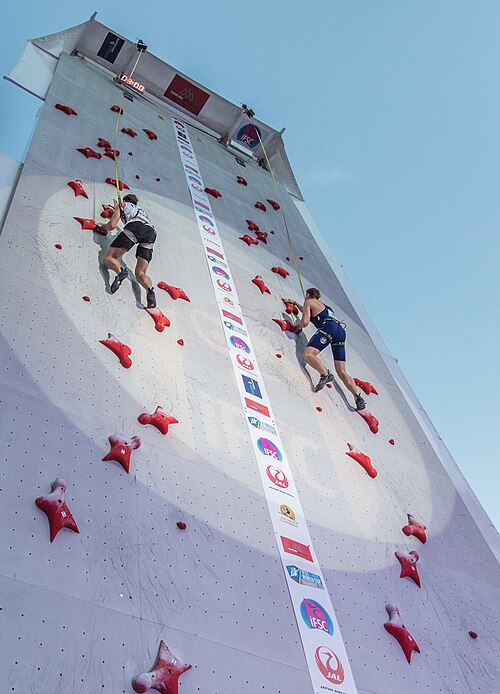
While this discipline isn’t as common at grassroots events in the UK, it’s becoming increasingly popular — especially with Olympic-style formats on the rise.
What Judges Value Most
Regardless of discipline, all judges share the same focus — fairness, accuracy, and safety.
They look for:
- Clear control – Points are only awarded when a climber demonstrates control of the hold, not just a touch.
- Rule awareness – Judges expect climbers to know competition boundaries and formats.
- Consistency across competitors – Every climber is judged by the same standards, regardless of style or ability.
- Good conduct – Respecting judges and fellow competitors is always noted and helps maintain a positive atmosphere.
In bigger competitions, Chief Judges oversee scoring panels, cross-checking results and ensuring that the same rules apply across all routes and problems.
Common Reasons for Lost Points
Even strong climbers can lose points for avoidable mistakes. Judges often deduct or disqualify attempts for:
- Not following the marked route.
- Using features marked as out of bounds.
- Failing to show control of the Top hold.
- Exceeding the time limit.
- Misunderstanding the scoring format.
For athletes, learning these details can make the difference between qualifying for finals and missing out.
Why Good Judging Matters
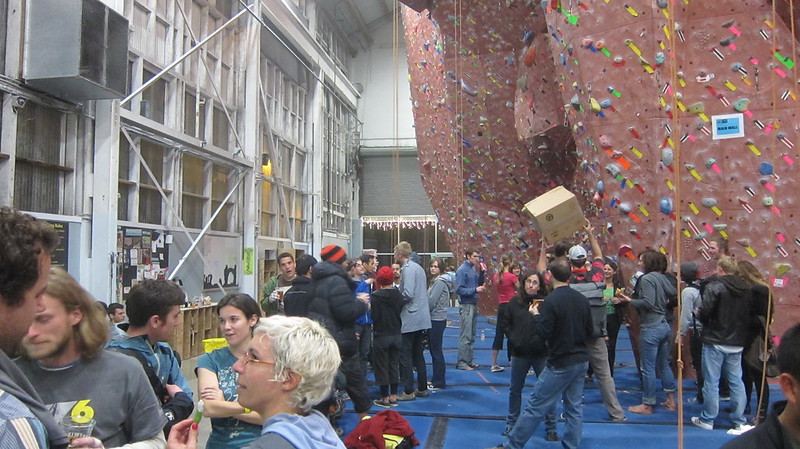
Good judging is the backbone of every successful climbing competition. It ensures that results are fair, transparent, and trusted.
For event organisers, having experienced judges boosts the professionalism of your competition. For athletes, it creates a level playing field and helps build confidence that their efforts are recognised properly.
Across the UK, the BMC regularly trains judges to maintain consistent standards — so whether you’re competing in London, Sheffield, or Edinburgh, the scoring principles stay the same.
Tips for Climbers Competing in Judged Events
If you’re stepping into a competition, here are a few ways to stay on the right side of the judges:
- Take time to read the rules for your category.
- Ask questions during observation periods if you’re unsure.
- Don’t argue over scores — judges are there to help, not hinder.
- Watch how other climbers handle route boundaries and finish holds.
- Respect the officials — they’re volunteers or professionals who make the event possible.
The Takeaway
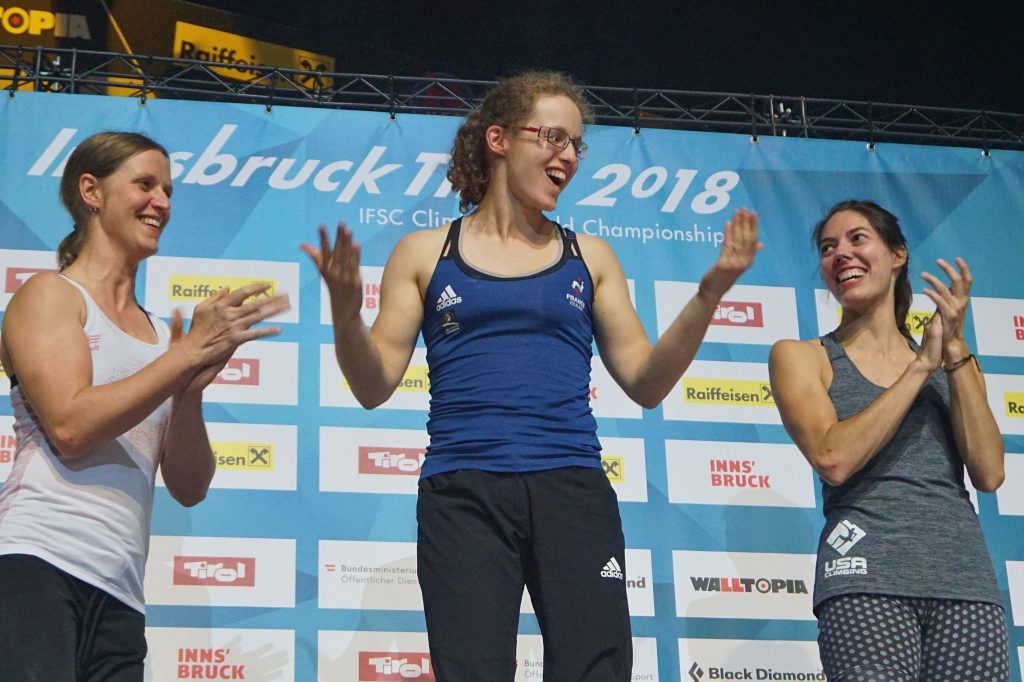
Judges might not get the spotlight, but without them, there’d be no fair competition. They ensure that every climber’s performance is measured accurately, every top is earned, and every event runs smoothly.
Understanding what judges look for helps climbers prepare smarter and organisers deliver stronger competitions — something that benefits the entire UK climbing community.
